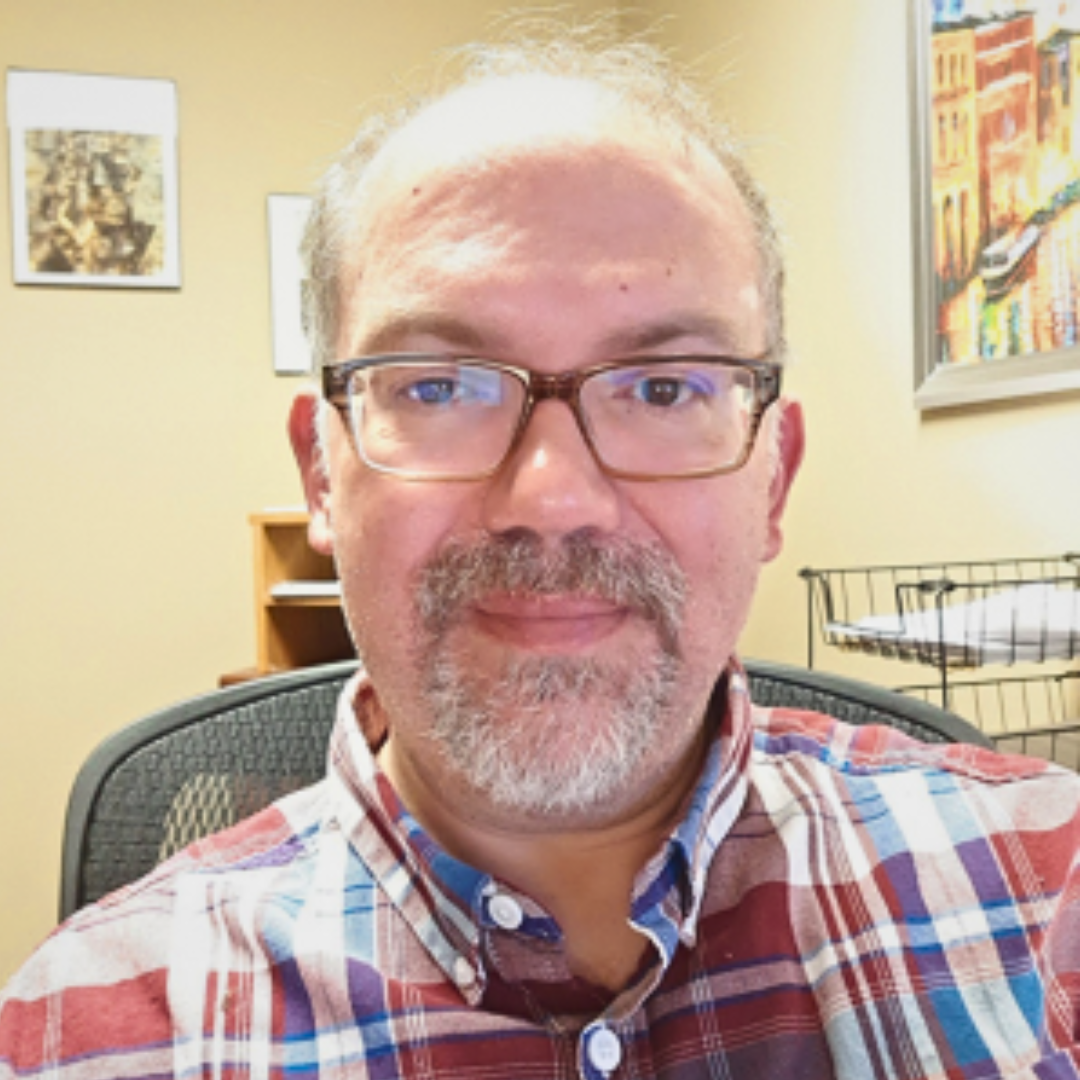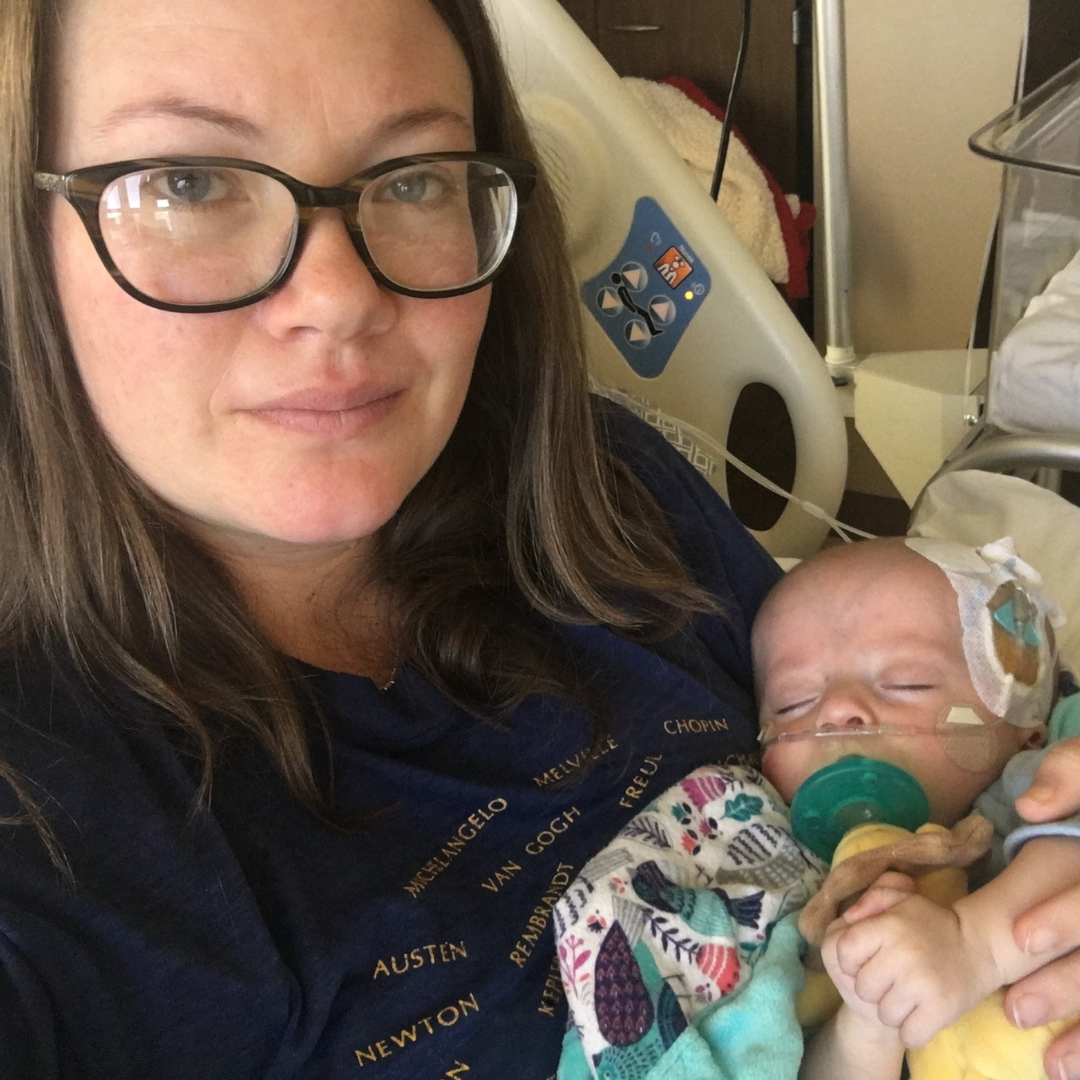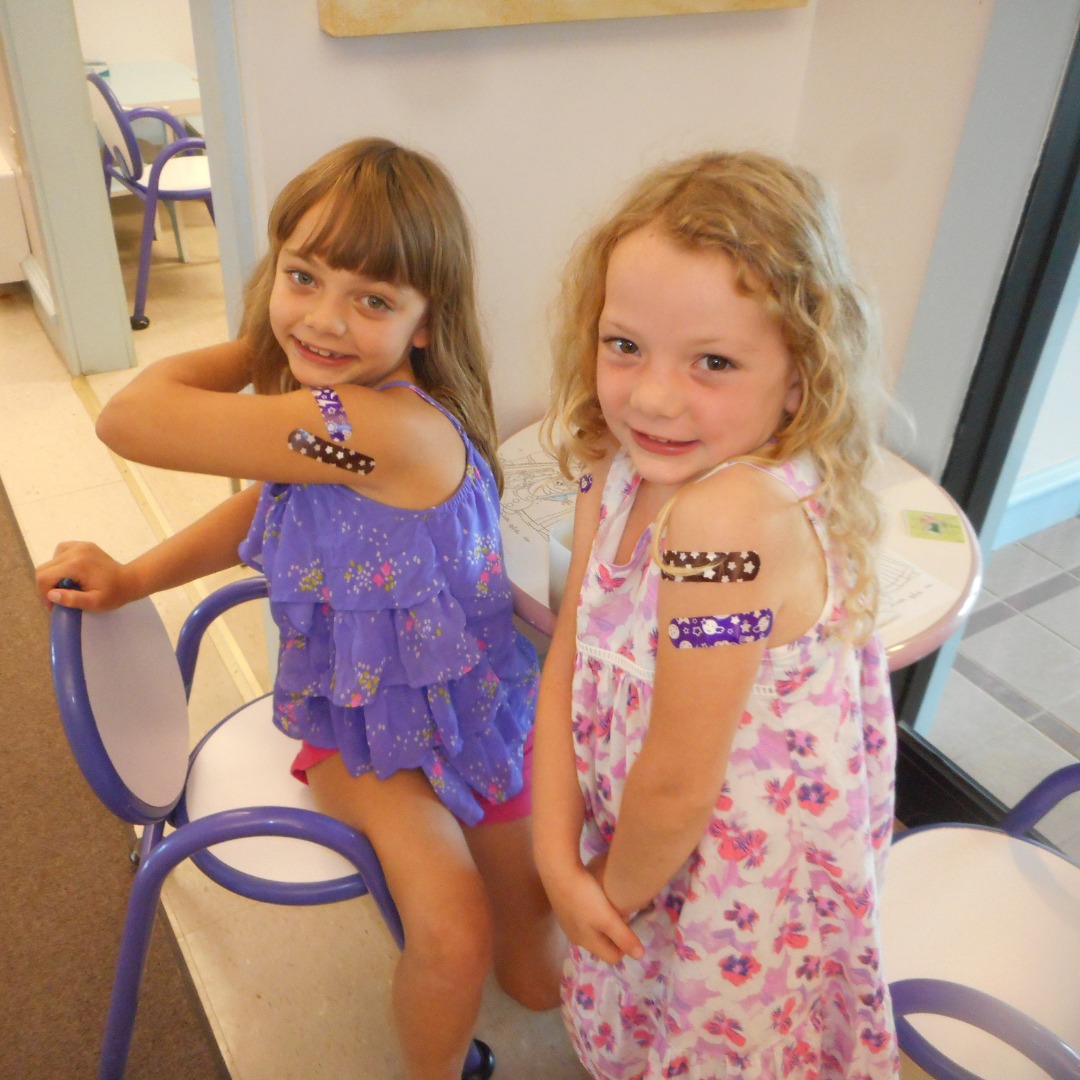Editor’s Note: March 21, 2020 is Anal Cancer Awareness Month. HPV causes a majority (91%) of anal cancers and is preventable through vaccination. Thank you to the Anal Cancer Foundation for allowing us to republish this piece.
 On New Year’s Day 2019 my husband and I trekked up to the top of Diamond Hill in County Connemara on the Wild Atlantic Coast of Ireland. The views from the top were breathtaking and I had an overwhelming sense of peace and happiness. We had married on 2rd December in Marylebone Town Hall with just our close friends and family around us. This was our delayed honeymoon. We planned to move to Ireland at Easter and had such an exciting year ahead of us.
On New Year’s Day 2019 my husband and I trekked up to the top of Diamond Hill in County Connemara on the Wild Atlantic Coast of Ireland. The views from the top were breathtaking and I had an overwhelming sense of peace and happiness. We had married on 2rd December in Marylebone Town Hall with just our close friends and family around us. This was our delayed honeymoon. We planned to move to Ireland at Easter and had such an exciting year ahead of us.
However, during the course of the week, I became increasingly uncomfortable with the constipation and back pain that had been bothering me all over Christmas, culminating in finding that I was passing blood. Thank goodness it presented in that way, otherwise I would have struggled on, taken laxatives, and not gone straight to see the doctor on my return. After all, who goes to see the doctor with constipation?
The Doctor examined me, never a pleasant experience, and was concerned enough to put me on the Suspected Cancer Path, ensuring that I got an appointment with a colorectal consultant within 10 days. That appointment told me all that I needed to know. He also examined me, asked about whether there was any history of bowel cancer in the family and promptly ordered the full suite of tests to be done; MRI, Colonoscopy, CAT scan. That is when I knew that I was dealing with cancer. When the NHS moves fast you know it is serious. Over the course of the next 2 weeks I was scanned, examined, tested and on 1st February diagnosed with Stage 3 T1 Anal Cancer. My tumour is 5cm long and sits between my rectum and my spine causing a blockage of my bowel and severe pain in my coccyx. The lymph nodes around the tumour are enlarged.
Helen R. is currently in treatment and has been writing a blog of all my experiences from Diagnosis Day onwards. Read more stories about anal cancer here.



